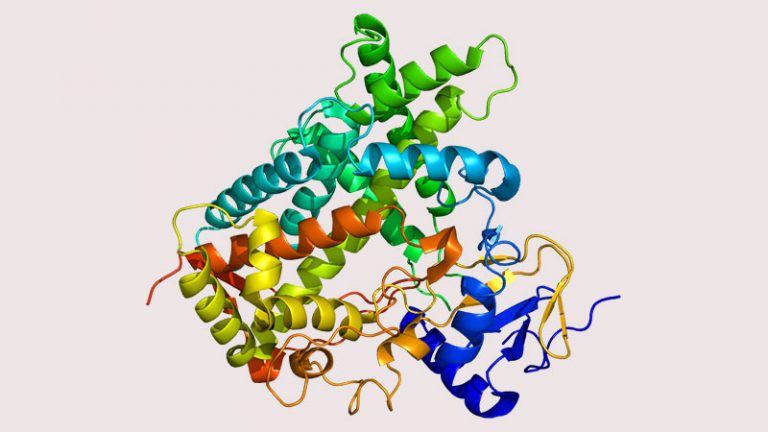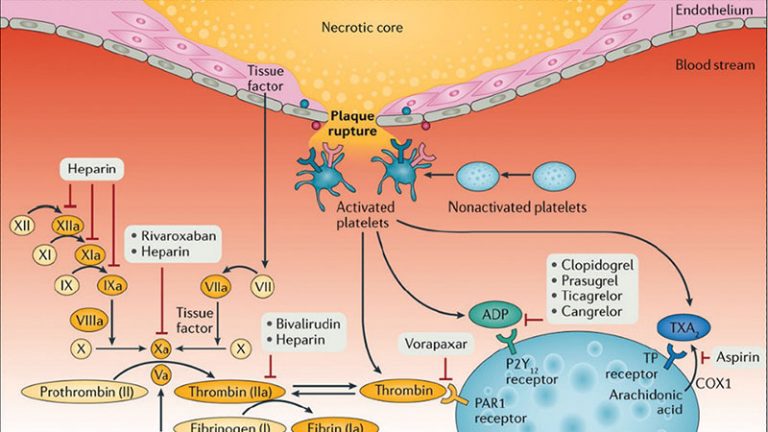Mayo Clinic’s Tapestry Study to Collect Genomic Sequencing Data on 100,000 Patients
Initial focus to include familial hypercholesterolemia and hereditary breast and ovarian cancer
Collaborating with Helix, a population genomics company, Mayo Clinic said it is creating a library of genomic sequencing data on 100,000 consented Mayo Clinic participants to advance research and patient care.
Helix’s clinical Exome+ DNA test uses next-generation sequencing technology to screen the exome for genetic variants that can significantly increase the risk for disease. (Mayo Clinic has a financial interest in San Mateo, Calif.-based Helix.)
“We believe that whole-exome sequencing has the potential to reveal predispositions to health problems and enable earlier use of preventive measures throughout a person’s lifespan,” said Keith Stewart, M.B., Ch.B., Carlson and Nelson Endowed director of the Mayo Clinic Center for Individualized Medicine, in a statement.
Rochester, Minn.-based Mayo Clinic said results would be returned over time to the participants as well as their Mayo Clinic provider. Mayo will evaluate the benefits of Exome+ sequencing and the short- and long-term impact on health-related outcomes, health care utilization and physician acceptance.
For the initial part of the study, known as Tapestry, participants will receive results of screening for three highly actionable hereditary conditions that often go unrecognized, including familial hypercholesterolemia (FH), hereditary breast and ovarian cancer (BRCA1 and BRCA2), and Lynch syndrome, a form of hereditary colorectal cancer.
Mayo officials noted that many individuals affected by these conditions are not aware they are at risk, but genetic screening can lead to diagnoses for individuals and their families.







